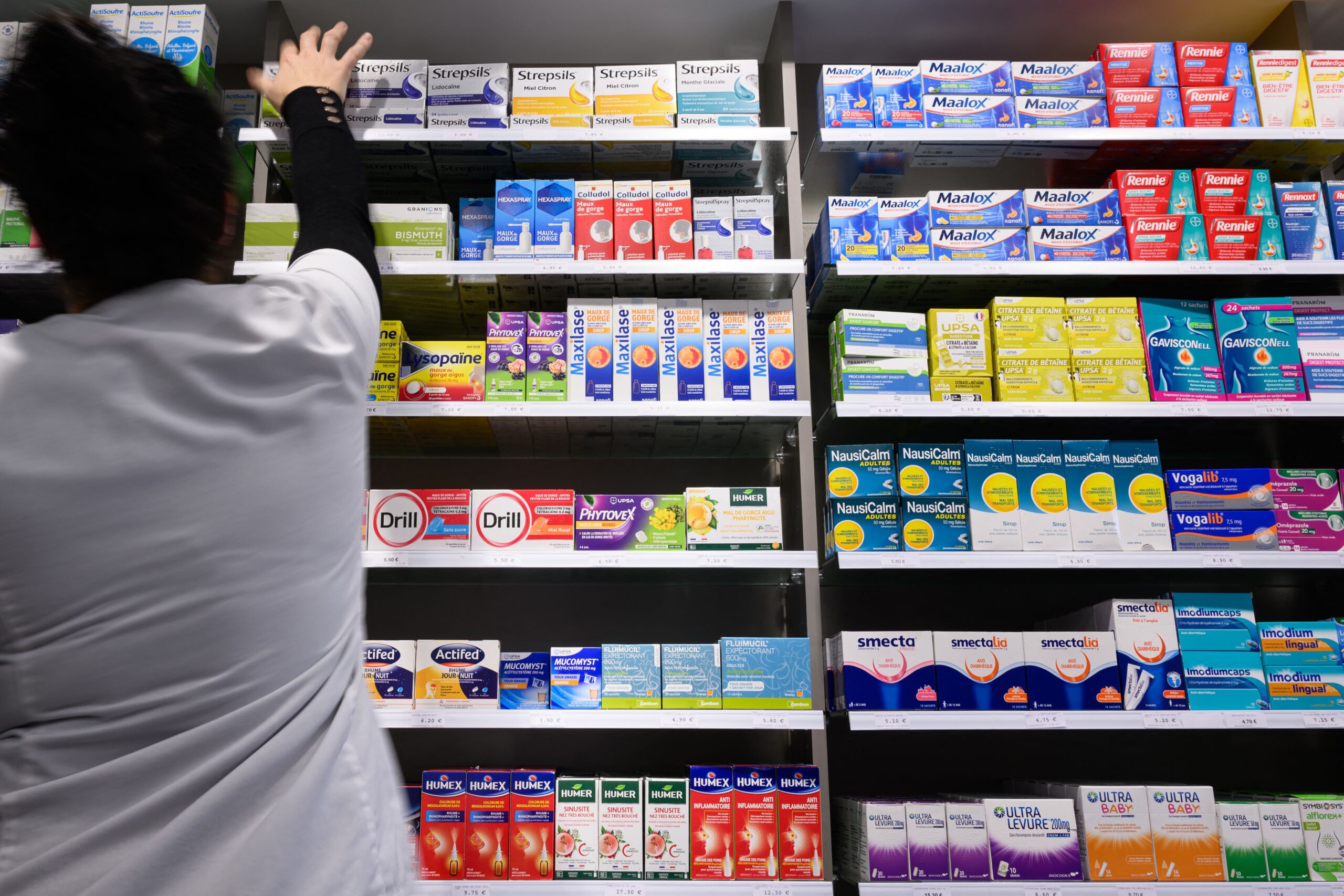- Saturday, May 04, 2024
European Commission published its first list of critical medicines, as part of a wider overhaul of laws governing the €136 billion (£117bn) pharmaceuticals industry

By: Eastern Eye
THE European Commission published its first list of critical medicines, as part of a wider overhaul of laws governing the €136 billion (£117bn) pharmaceuticals industry aimed at avoiding shortages of drugs.
It is the biggest change to existing medical laws in two decades. The law is aimed at ensuring all Europeans have access to both innovative new treatments and generic drugs and ending huge divergences in access and prices between countries.
“The inclusion on this list is not an indication that a medicine is likely to experience a shortage in the near future. Rather, it signifies the critical importance of averting shortages for these specific medicines,” the commission said.
The list, published by the European Medicines Agency, includes a wide range of essential, generic medicines, from basic antibiotics such as amoxicillin, painkillers like paracetamol and morphine and insulin used to treat diabetes.
The list also includes some vaccines for measles, hepatitis B and tetanus.
“During 2024 the review will continue and extend to other authorised medicines in the EU not yet included in the first version,” the commission added.
Many member states are keen to see a Critical Medicines Act, similar to Critical Minerals Act, to create more resilient supply chains and avoid over-reliance on countries such as China and India that produce most generic drugs and basic equipment.
In October, the commission launched some short-term measures in order to prevent medicine shortages this winter and the next as a stop-gap while the new pharmaceutical rules are hashed out.
The new proposed law includes measures that would cut the length of basic market exclusivity that drugmakers get before generics can enter the market to eight from 10 years.
European pharmaceutical executives have repeatedly warned that this measure would backfire and accelerate a trend of waning medical innovation in the EU.
Lars Fruergaard Jorgensen, CEO of Novo Nordisk, said in November that the exclusivity reduction would not allow a pharmaceutical company to recoup the investment in development as well as the cost of marketing.
![]()